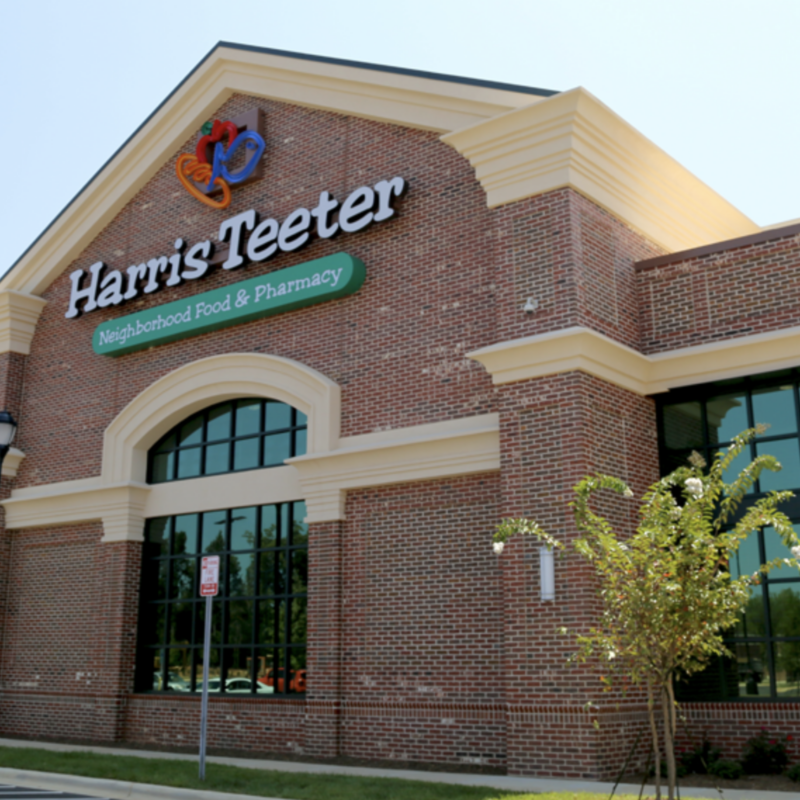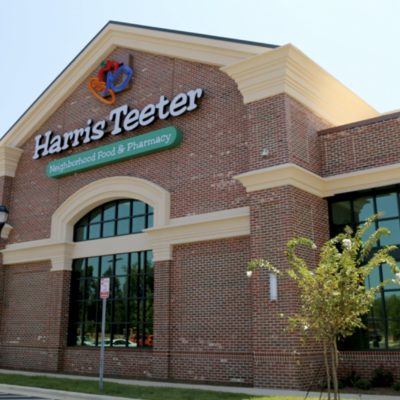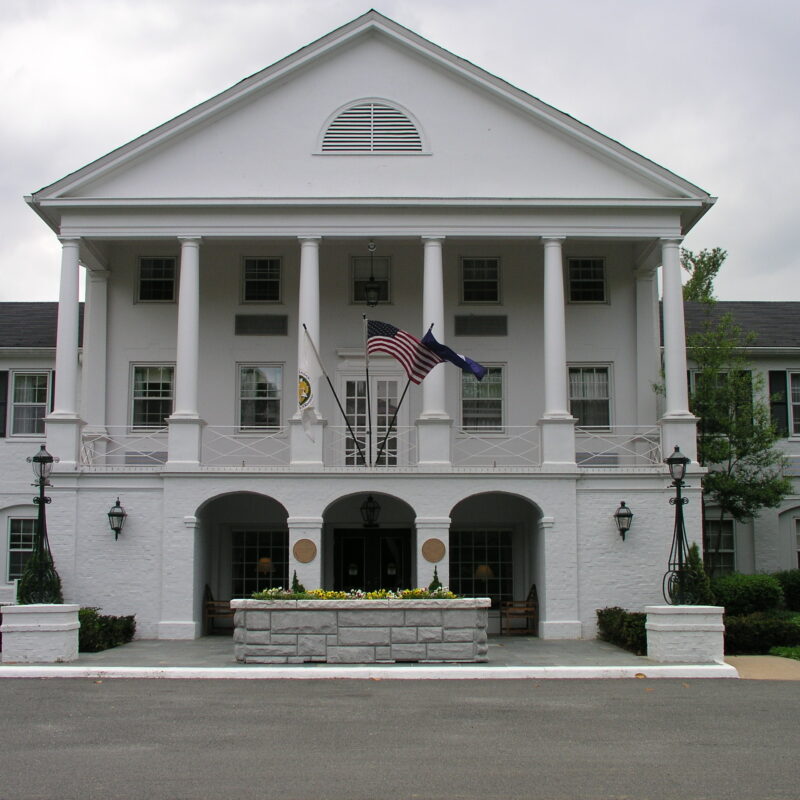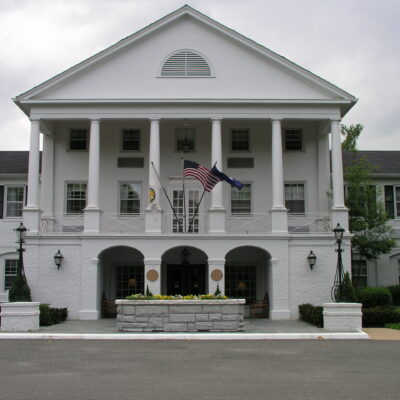
Those who packed Charlottesville City Council chambers Tuesday, September 2, to protest a draft ordinance that would criminalize camping and storing personal items on public property had a strong message.
“This is not the time to be adhering to draconian Trump-like policies on some of our most vulnerable community members,” said Shayla Washington, executive director of the Blue Ridge Area Coalition for the Homeless.
Washington and the heads of other nonprofit groups who are part of “the continuum of care” were not involved in the development of the ordinance. The idea stemmed from private meetings city councilors held this spring and summer with Charlottesville Police Chief Michael Kochis and other city staff.
“There was no community engagement as has usually been required … absolutely none,” said local attorney Jeff Fogel. “Nobody was talked to. Not the service providers, not the people who have cared about this issue. It is absolutely and completely infuriating.”
Several speakers said the idea to pass a no-camping ordinance was premature because there are not enough beds for unhoused people at area shelters. Washington demanded elected officials postpone any vote on the ordinance until plans to develop a low-barrier shelter are more concrete. In October 2023, City Manager Sam Sanders announced Charlottesville would work toward one, after a month in which people were allowed to camp in Market Street Park.
City Council has approved half a million dollars in annual funding to operate such a facility and will pay the Salvation Army $250,000 a year if its thrift store on Cherry Avenue is chosen to be the low-barrier shelter.
“In the interim, designate up to three city-owned spaces for people experiencing homelessness to officially be permitted to camp,” Washington asked council. “These camping spaces can come equipped with security detail for not only the unhoused residents, but people who are concerned for their safety in the community.”
Washington said each should be on a Charlottesville Area Transit stop and have a maximum number of people who can stay there. She also called for a working group to be convened to identify solutions.
City Councilor Michael Payne took responsibility for the item being on the agenda.
“The buck stops with City Council in terms of where things come from,” Payne said. “When the city manager presented his original plan for homelessness, part of it was [banning camping] as a possible policy. The decision at that time was we will not explore this until a permanent year-round shelter actually exists.”
Afton Schneider, the city’s director of communications and public engagement said the city has not yet begun to pay the Salvation Army because the thrift store has not closed. She also said the idea of using city land for a campsite is under consideration.
“If a property were identified to be used for this purpose, the city manager will designate it for that use,” Schneider said.
Schneider said the city is in negotiations with BRACH and other nonprofits about how to utilize two city positions funded in the FY2026 budget to provide homeless outreach.





